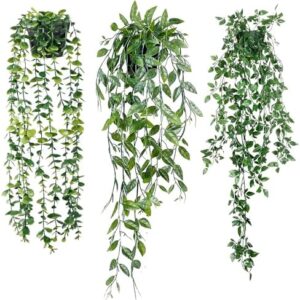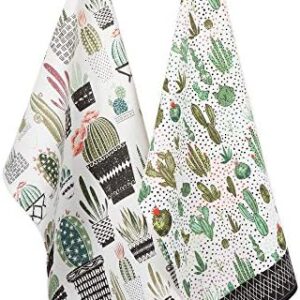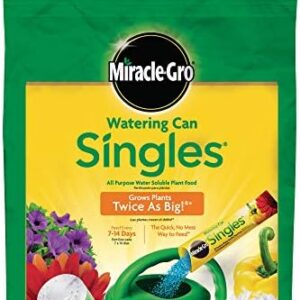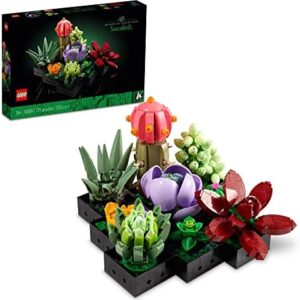Composting is like nature’s way of recycling. It takes all those organic materials we don’t want, like food scraps and yard waste, and turns them into nutrient-rich soil that can be used to feed crops and plants. It’s a simple and effective way to reduce waste, improve soil health, and promote sustainability in farming.
Organic farming is all about working with nature, not against it. By using natural fertilizers and pesticides, organic farmers strive to create a healthy balance in the ecosystem that supports their crops. Composting fits perfectly into this philosophy, as it provides a natural and sustainable way to replenish the soil with essential nutrients.
One of the key benefits of composting in organic farming is its ability to improve soil structure. When organic materials break down in the compost heap, they release valuable nutrients like nitrogen, phosphorus, and potassium. These nutrients are essential for plant growth and development. But just as important is the organic matter that is left behind. This organic matter helps to improve soil structure, making it more resilient to erosion and better able to retain moisture. This means healthier soil, better crop yields, and less need for synthetic fertilizers.
Composting also helps to reduce waste. Food scraps, yard waste, and other organic materials can make up a large portion of our household trash. By composting these materials instead of sending them to the landfill, we can reduce the amount of waste that ends up in our landfills and reduce our overall carbon footprint. In fact, studies have shown that composting can reduce greenhouse gas emissions by preventing organic materials from decomposing in landfills and producing methane, a potent greenhouse gas.
Composting is also a cost-effective way to fertilize crops. Organic fertilizers can be expensive, and the cost can add up quickly for farmers. By composting organic materials on-site, farmers can create their own fertilizer for free. This not only saves money but also reduces the need for synthetic fertilizers, which can have negative impacts on soil health and water quality.
But perhaps the most important benefit of composting in organic farming is its ability to promote sustainability. As climate change and environmental degradation become increasingly urgent issues, it is more important than ever for farmers to adopt sustainable practices that protect the soil, water, and air. Composting is a simple and effective way to promote sustainability in farming by improving soil health, reducing waste, and reducing greenhouse gas emissions.
It’s not just organic farmers who can benefit from composting. Home gardeners, landscapers, and even urban dwellers can all benefit from composting. Whether you have a backyard garden or a small balcony, composting can help you reduce waste, improve soil health, and grow healthy, vibrant plants.
Composting is a simple and effective way to promote sustainability in farming and protect the environment. By using natural materials to create nutrient-rich soil, farmers can improve soil structure, reduce waste, and promote healthier crops. As more and more farmers adopt composting practices, we can create a more sustainable and resilient food system that benefits both people and the planet. So next time you have some food scraps or yard waste, don’t throw them away – compost them and watch your garden thrive!






